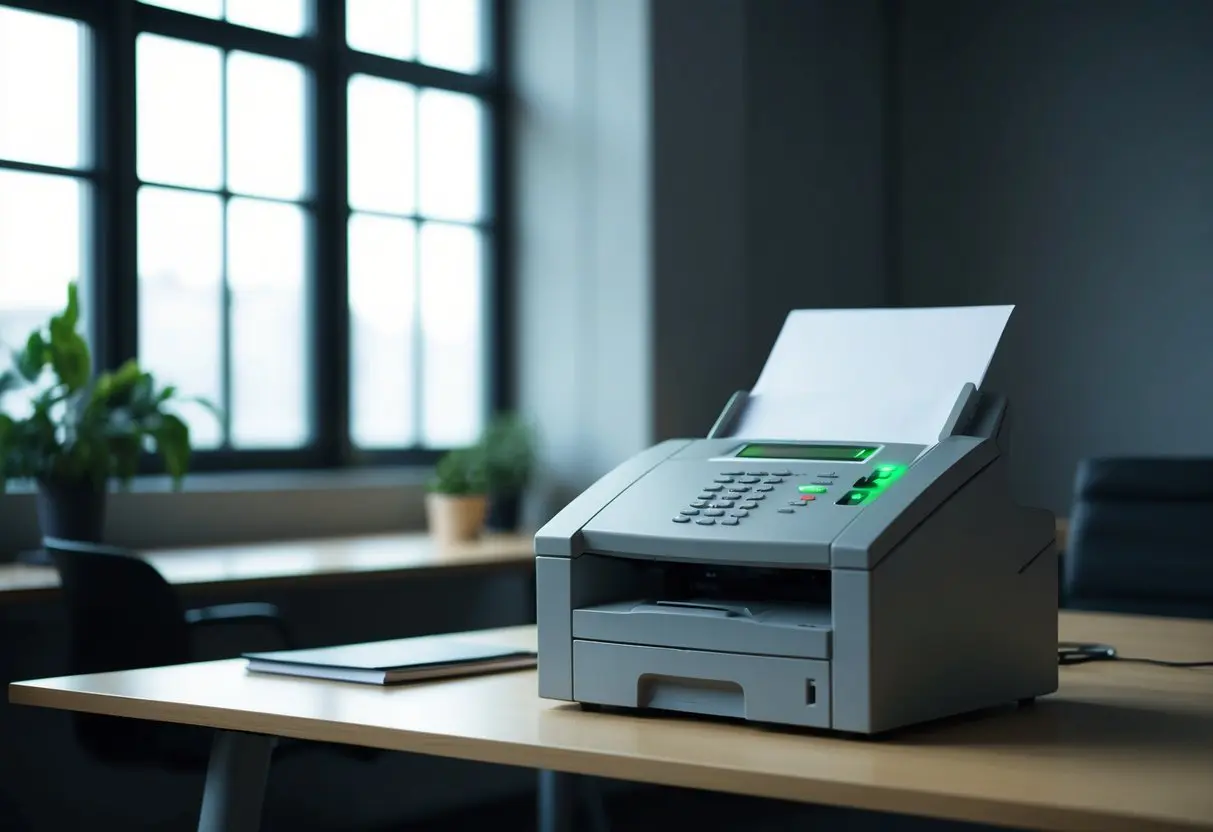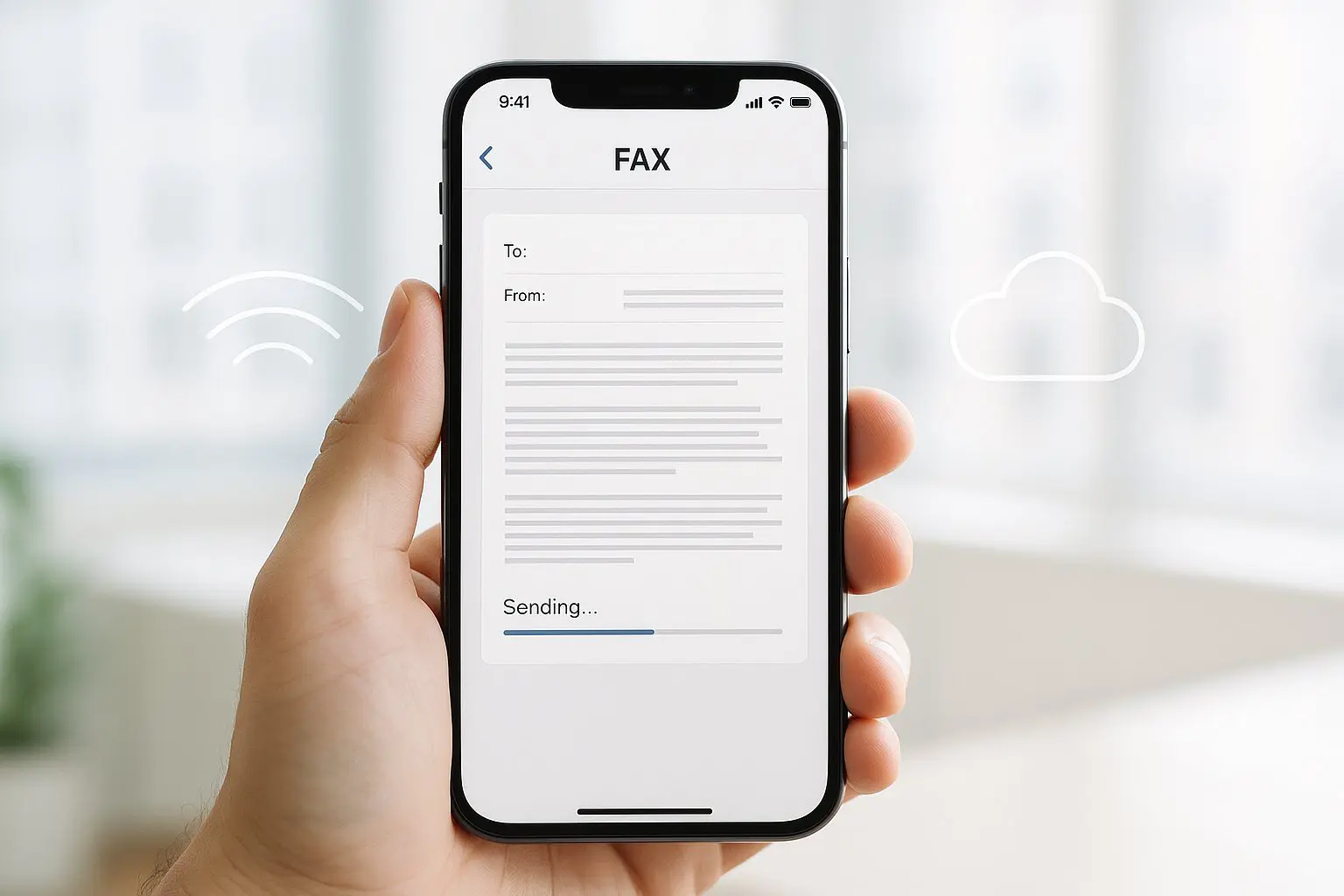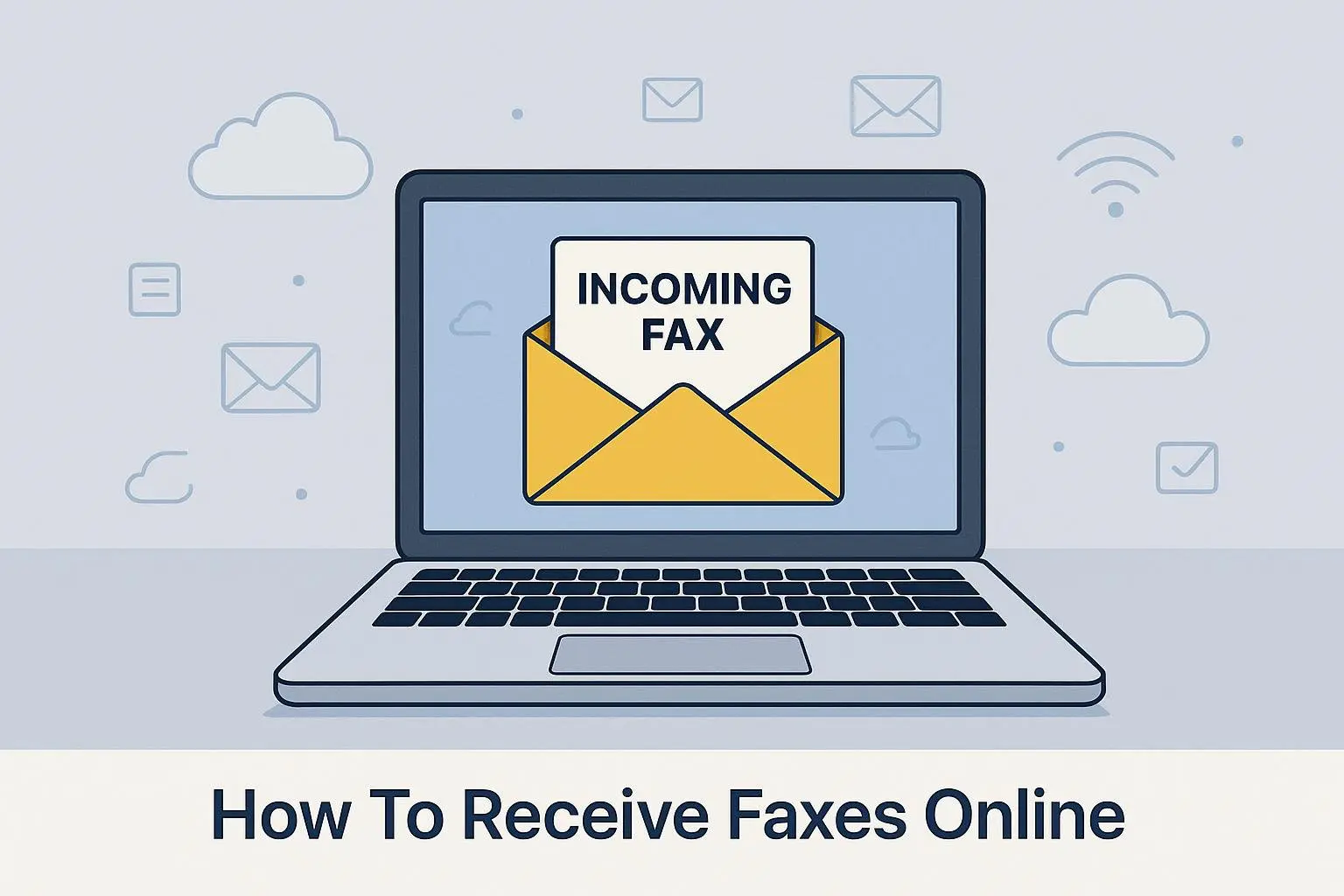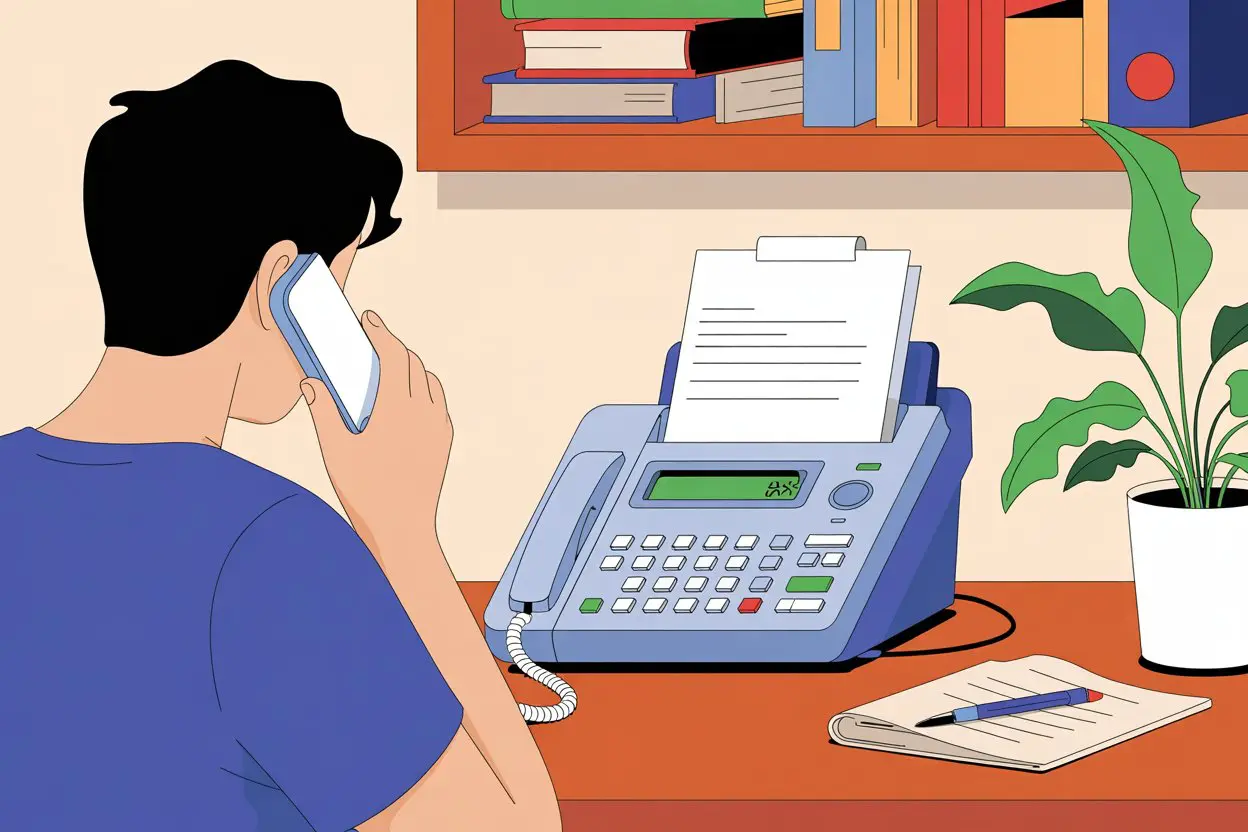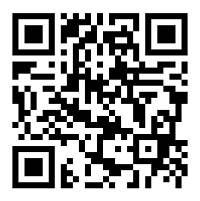Have you ever been filing some important paperwork, like your taxes or healthcare information, and been told that you need to either “mail or fax” your confidential documents, without the option to email? Faxing is preferred to emailing because it’s more secure – and online fax services bring that security to your devices.
One of the biggest perks of online faxing is the security – and it’s one of the main reasons businesses fax in the first place! Online fax services offer digital signatures, encryption, and secure servers to keep your documents safe. You can send sensitive business contracts or personal information, and know that it’s protected. Online fax services also often store your documents and allow you to view your fax history, so you can keep track of your faxes.
How Secure is Faxing
To understand “fax security”, we need to talk about two important parts of security: practical security and legal security.
- Practical Security
Practical security refers to protecting your faxes from physical harm – and that makes sense, because it’s the first thing on most people’s minds when they think of security. Are my faxes hackable?
Read on to find out why faxing is more secure than emailing in this sense!
- Legal Security
Legal security refers to the laws and regulations that protect you and your sensitive information while faxing – and your legal rights to your information.
You’ll find that faxing offers you more privacy, legal rights, and regulatory protections than emailing.
Practical Security
Practical security is what most people think of when they consider security. Are my faxes hackable? When you send sensitive information online, you worry about scams and phishing – and you might be concerned about strangers reading your emails! Many businesses and individuals have to send sensitive information – like your taxes to the IRS – and you have to disclose personal information. That’s why secure transmission is so important.
Email can be made more secure with various add-ons and configurations, but modern faxing is inherently more secure than standard email services. Let’s talk about some common security concerns and what makes faxing secure.
Encryption & Data Protection
Online fax services are more secure than email because they use standard encryption – the same encryption that the U.S. government uses to protect sensitive information like nuclear missile launch codes! Our apps use stored information in your online fax account and end-to-end encryption (AES 256-bit) to protect your faxes, as well as TLS 1.2 encryption when you access your account online. This is the same encryption that banks and the medical industry use to protect sensitive information! When you log into your online fax account, you can view incoming faxes online or have them emailed to you. Here’s how it works:
Encryption for Fax Machines
When you send a fax, AES 256-bit encryption scrambles the fax into a cipher – so it’s completely unreadable – while it’s in transit. Only the intended recipient’s fax machine can decipher the code and display the fax. Online fax services like Municorn Fax use this encryption to keep your faxes safe, and we’re HIPAA compliant! To view faxes online, your fax machine is replaced with a digital one – and your faxes are decrypted so you can read them.
For end-to-end encryption to be possible with email, both the sender and the recipient need to use compatible encryption software, and encrypted email services are not always the standard with popular services such as Gmail. Secure encrypted email services do exist, but online faxing is much easier and more convenient.
AES 256-bit encryption uses a 256-bit key to encrypt and decrypt data. The fax communications are processed 14 times with the 256-bit key, making it completely unrecognizable and encrypted. Only the 256-bit key can decrypt the fax – and it’s securely delivered to the receiving fax machine. Imagine blending a handwritten letter for 14 minutes and trying to read it – that’s what encrypted faxing looks like!
Emails are much more risky without encryption – because they often hop from server to server to get to their destination.
Transport Layer Security (TLS 1.2)
TLS 1.2 encryption is like a security blanket for your online fax account. It protects fax communications and ensures the integrity of your faxes so they can’t be tampered with or read by unwanted third parties. It verifies your online fax account and the receiving fax machine’s identity, and protects privacy and data integrity. TLS 1.2 is so important that any website that processes payments must have support for it – and websites that don’t can no longer establish secure connections!
TLS 1.2 is used to establish a secure, encrypted connection between your online fax account and the receiving fax machine. It’s a “handshake” between the two parties that exchanges digital certificates and other data to set up the connection. When you send a fax online, the fax message is encrypted and can only be opened by the intended receiving fax machine.
Scams & Phishing in Online Faxing
Phishing scams and scams in general are everywhere – and it’s no wonder why. Email, texts, and phone calls are great ways for criminals to trick people into divulging sensitive information. You’ve probably gotten suspicious emails asking you to click links or open attachments that would ruin your day, or gotten calls from people claiming to be your bank or cable company. If you’ve ever worked in an office, you’ve probably sat through training on how to spot “phishing” emails. Email and phone systems are targeted because it’s so much easier!
Email is a huge security risk because one wrong click can open your computer up to hackers in an instant. When you receive a fax, you’re simply getting a paper document and text – and there’s no way for criminals to trick you into clicking a link or giving away sensitive information.
It’s also much harder for scammers to impersonate a fax number – you can easily check the fax number against a company’s directory.
That’s why scams and phishing are much rarer with faxing – crooks know they can’t deceive you as easily, and it’s much harder to impersonate a fax number. They target email and phone systems instead.
Cyber-Attacks
Fax networks are not as attractive to cybercriminals because a fax machine is limited to a small network. They can be connected to the internet, but they don’t have the same kind of IT infrastructure that email servers do. That’s why you never see faxing involved in the biggest data breaches in history – a fax machine’s network is much smaller, and it doesn’t store sensitive information like patient records or credit cards. You use your email address to access so many different services – banking, social media, shopping, and more. The more you use email, the more risk you pose to yourself – because your email address is like gold to hackers. Many businesses have turned to faxing because of email cyber-attacks.
A cyber-attack can exploit so many different entry points on an email system – the sender’s desktop, the recipient’s desktop, DNS, external mail servers, and more. Emails hop from server to server, and it’s easy for them to be intercepted along the way. Traditional faxing is much harder to intercept on a large scale – you’d need to tap into a phone line! That’s why malicious software and hackers target email and phone systems instead of fax networks – it’s so much easier!
Choosing the Best Online Fax Service
The best online fax service for you depends on your needs, budget, and industry requirements. Here are some key features to consider:
- Digital Signatures: Make sure the service offers digital signatures for documents that need to be legally binding.
- Bandwidth and File Size Support: Check how much bandwidth and what file size the service supports – will it handle large files and multiple page documents?
- Diverse File Support: Does the service accept a variety of file formats like PDF, DOC, and JPEG?
- Fax Search and Indexing: Can you search and index your faxes for easy organization?
- Regulatory Compliance: Check if the service is compliant with your industry’s regulations – like HIPAA for healthcare.
Also, consider the level of customer support, security, and desktop and mobile apps offered. Many providers offer free trials or money-back guarantees, so you can try the service risk-free before committing to a plan.
Unauthorized Access
One of the biggest security concerns with traditional fax machines is: “What if I fax my sensitive information to an office and they print it out? What if someone grabs the faxed document?” You’re worried that an unauthorized third party will pick up your fax instead of the intended recipient.
That is a valid concern, but in a business setting, HIPAA regulations assume that fax machines are located in secure areas – often behind locked doors – and many fax machines are set up to directly dump faxes into locked boxes that only authorized staff can access.
Since 2020, we know that much more work is being done remotely, and if you email your sensitive information to a business, it’s likely being viewed on a laptop in a coffee shop or public place – or worse, over a public Wi-Fi network. If an employee loses their laptop, your information is at risk. But when you fax, you can be sure your information is stored securely.
Online fax services like Municorn Fax App are HIPAA compliant, whereas most email services are not. That means they follow strict policies like two-factor authentication, access controls in the workplace, and ensuring that each system is accessed by only one user – giving you more peace of mind.
Legal Security
Faxing not only protects you from hacking and security breaches, but it offers you more privacy and legal rights when it comes to sensitive information. Here are a few reasons why faxing is more legally secure than emailing.
HIPAA
Data privacy laws are governed by your state or industry – there is no federal data privacy law. HIPAA is a federal law that requires any business that handles medical records to set up a secure faxing process – and standard online fax services follow suit. HIPAA regulations are much more stringent than most privacy laws, making fax transmissions of medical records extremely secure.
One key difference that makes emails less secure than faxes under HIPAA is that organizations can use unencrypted email services to send information to you in certain situations. That’s why traditional and online fax services that are HIPAA compliant are more legally secure ways to send and receive sensitive documents.
HIPAA isn’t just for healthcare providers – many businesses that handle your healthcare personal information, like banks and insurance companies, must also ensure secure faxing. There are strict guidelines to notify individuals in the event their information is breached, so if your personal information is faxed and stolen, you’d be notified. There is no similar federal law that requires online email providers to notify you if your password or emails are breached.
Privacy Laws
Faxes also offer you more privacy. Calls made over public switched telephone networks (PSTN) require significant legal authority to surveil – it’s much harder for unauthorized parties to tap into fax lines. Emails, on the other hand, are governed by different laws. The U.S. government considers emails over 180 days old “abandoned” and can seize and read them without a search warrant or any legal justification.
Stealing mail or tapping telephone lines carries much heavier penalties than hacking into an email account; using fax phone lines or postal services to send documents provides you with more protection – that’s why you’re often still asked to mail or fax documents!
Additional Legal Security Benefits
There are a few other legal benefits to sending faxes – whether traditional or online.
- Digital signatures or electronic signatures are not always recognized by law as legally binding, but faxed signatures are. When you need to send legally binding documents, faxing is a much more secure option. Electronic signatures can’t be used to sign important documents like a will, cancel utility services, sign adoption papers, give medical power of attorney, or serve eviction notices – and many more.
- A fax message leaves a clear audit trail – you can prove exactly when and where faxes were sent and when they were delivered, and many online fax services offer delivery confirmation. No one can claim they “lost” a fax if you have the proof.
Online Faxing and Electronic Signatures
Online faxing and electronic signatures go hand-in-hand – it’s a great way to sign and send documents digitally. Many online fax services offer electronic signature capabilities, so you can sign documents without having to print, scan, and fax them. This is especially helpful for businesses in industries like healthcare and finance where signatures are required.
The electronic signatures used in online faxing are secured with encryption and authentication processes, so you can be sure they’re valid and secure.
Cost-Effectiveness and Scalability
Online fax plans are often more cost-effective and scalable than traditional fax machines. You only pay for the minutes you use with an online fax plan, so you’re not wasting money on a dedicated phone line and machine. This can save you a lot of money, especially if you fax frequently. Many businesses save hundreds of dollars per month by switching to online faxing!
Online fax services are also easy to scale up or down as your needs change. Whether you’re a small business or large enterprise, you can choose a pricing plan that fits your budget and usage. Many online fax services offer flexible pricing options, so you can choose a monthly or annual plan that works best for you. It’s easy to add or remove fax minutes as needed, so you’re not paying for features you don’t use.
By choosing an online fax service, you can enjoy secure, convenient, and cost-effective faxing that meets your unique needs.
Start Secure Online Faxing Today
So, despite what everyone says about faxing being outdated, it’s one of the most secure ways to transmit sensitive information. Email is convenient, but it’s just too risky. Now, with online fax services and fax apps, that convenience is available with faxing too!
To get started with secure online faxing, check out a top-rated Android or iPhone app for faxing.

